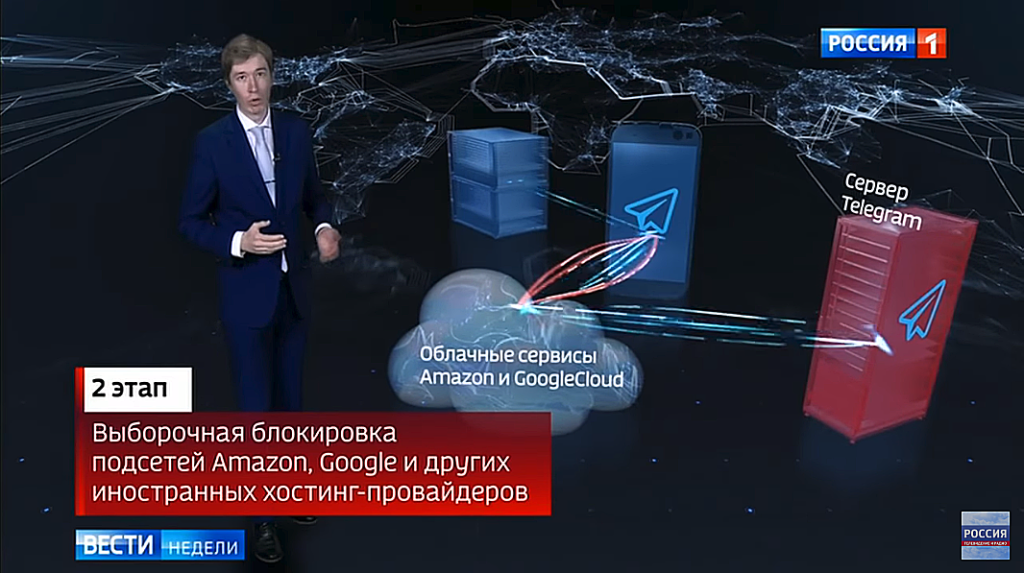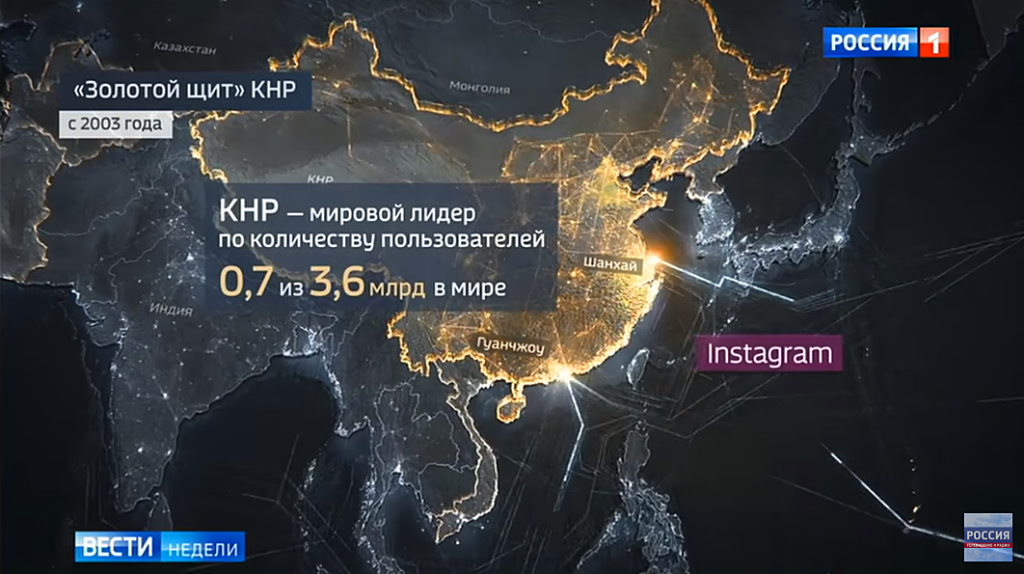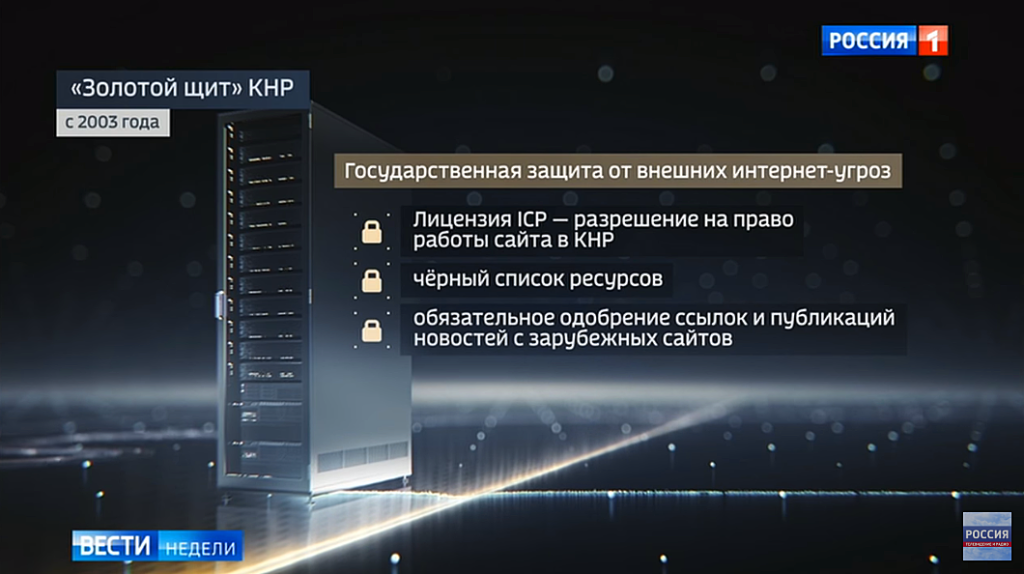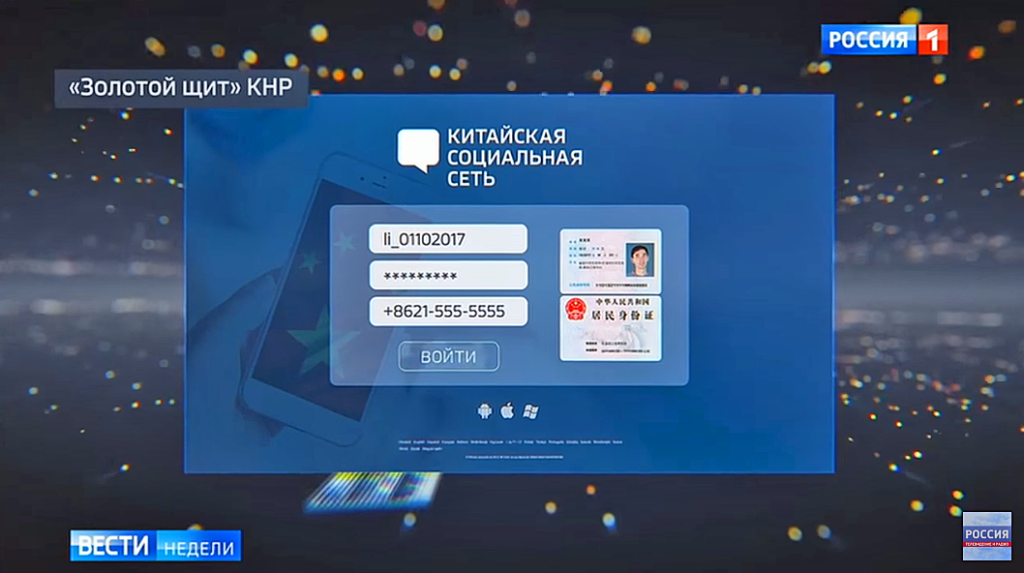The Kremlin utterly embarrassed itself in a blocking fight with Pavel Durov’s Telegram Messenger service. In an attempt to block Telegram, Russia’s communications regulator, Roskomnadzor, ended up blocking over 18 million IP addresses, including swaths of IP addresses belonging to Google, Amazon, Microsoft, Viber, Volvo dealerships, Kremlin museums and at least 120 third-party firms – online stores, banks, car dealerships, dental clinics, delivery services and English-language schools. Meanwhile, Telegram is still functioning.
State agencies proposed that the public replace Telegram with older, slower, less effective – but “more patriotic!” – apps, including Tam-Tam, owned by Putin crony Alisher Usmanov.
The Russian government already blocked LinkedIn and is now threatening to shut down Facebook, unless it complies with Russia’s demands by the end of the year. But Putin’s regime has even bigger plans.
On Sunday’s show, “Vesti Nedeli,” propagandist Dmitry Kiselyov was hard at work, promoting the idea of cyber borders, à la the Great Firewall of China.
Kiselyov complained that Pavel Durov failed to comply with Roskomnadzor’s demands, unlike Facebook’s Mark Zuckerberg, who obediently appeared before the U.S. Congress, “humbly dressed in a suit and tie… to assure lawmakers of his full loyalty.”
Kiselyov proceeds to imagine the Internet of the future, stating that it’s only a matter of time, before countries surround themselves with virtual borders – like the Great Firewall of China. Kiselyov lists some of China’s internet regulations:
- Government permission is needed to operate a website.
- There is a blacklist of resources.
- To publish a foreign article or to post a link, the material has to be pre-approved by the government.
- Words related to national security are filtered or blocked.
- The criticism of the government or the history is prohibited.
- Religious extremism and pornography are not allowed.
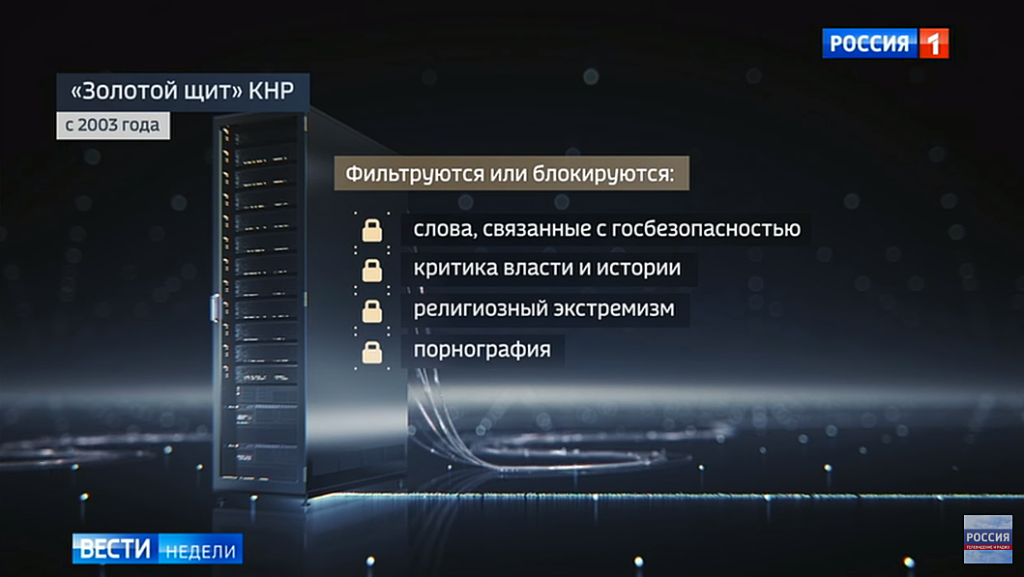 The firewall prohibits social networks, such as Facebook. Access to the local social networks can be secured only by providing proof of identity. Anonymity on the internet is prohibited.
The firewall prohibits social networks, such as Facebook. Access to the local social networks can be secured only by providing proof of identity. Anonymity on the internet is prohibited.
Russia’s state TV concludes that the end of globalization and anonymity is here, as “all countries will build virtual borders… it’s inevitable, and it’s very good for all of us.”
Kiselyov ends the segment with a cautionary tale: in China, Telegram is blocked and the government cuts off mobile connection of any device that attempts to use the app. “It’s just a fact,” Kiselyov grimly concludes, hinting that the Russians should ready themselves for another Iron Curtain – except this one is being erected in cyberspace.


